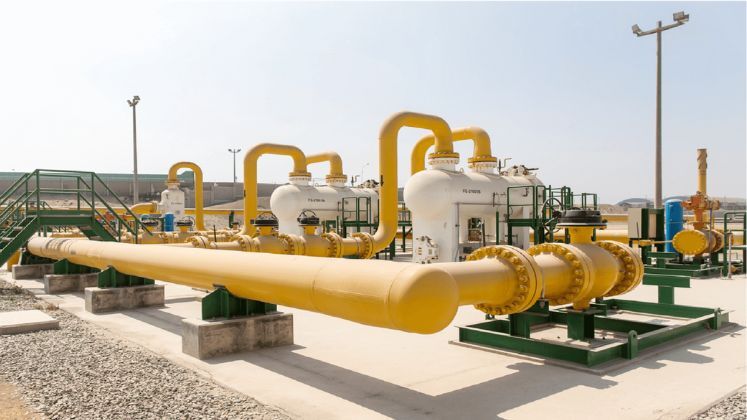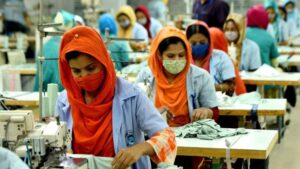
A dependable gas supply is essential for the ongoing operation of manufacturing facilities, especially in the ready-made garment (RMG) sector, which is a pillar of the Bangladeshi economy. The government of Bangladesh plans to resume providing gas connections to industrial sectors. The suspension of new domestic gas connections will last indefinitely, officials have confirmed.
The largest state-owned gas distributor in the nation, Titas Gas Transmission and Distribution PLC, is currently handling around 46,000 pending applications for domestic gas connections. On the other hand, just 368 applications from captive power generators and industrial consumers are awaiting gas hookups.
The government has prohibited new domestic gas connections since 2010. In 2013, the ban was temporarily lifted, but it was reinstated in the beginning of 2014. This moratorium was extended by the Energy and Mineral Resources Division in 2020 to cover new industrial gas connections outside of industrial parks and economic zones as of April 2021.
But according to Petrobangla Chairman Zanedra Nath Sarker, talks are in progress to restore gas connections for businesses, highlighting how crucial a gas supply is to the nation’s economic development.
The provision of new connections is made more difficult by the substantial supply-demand mismatch that exists between the existing gas production of about 3,100 MMCFD and the demand of about 4,000 MMCFD. Because of significant investments in the liquefied petroleum gas (LPG) industry, which has grown in popularity for cooking and other domestic purposes, Petrobangla authorities have noted that the government is promoting the use of LPG as an alternative.
By 2030, the nation’s LPG industry, which presently imports about 1.5 million metric tonnes a year, is expected to grow to 3 million metric tonnes, according to experts. Of the 58 businesses in the LPG industry that the government has granted licenses to, 28 are presently in operation. The sector’s increasing significance in the national scene is demonstrated by its 2022 contributions of Taka 650 crore in value-added tax and Taka 200 crore in income tax.
Gas availability in industrial sectors is even more crucial because the RMG industry, which makes up a sizable amount of Bangladesh’s exports, depends largely on an uninterrupted gas supply for manufacturing processes. Securing the gas supply is crucial to the RMG sector’s seamless operation given its crucial role in the economy and jobs, especially in light of the government’s cautious approach to household gas connections.
The administration thinks that restoring piped-gas access to residential consumers could cause instability in the already strained supply chain, so it prefers regulatory approaches to handle illegal gas connections. With 22 of the nation’s 29 gas fields currently producing, managing gas resources continues to be a major concern for officials as they deal with supply constraints and growth.






